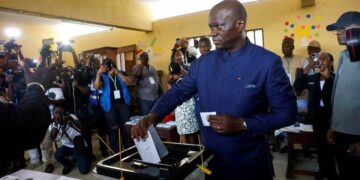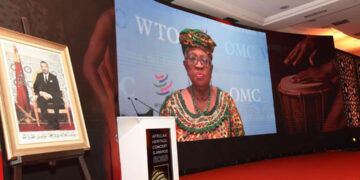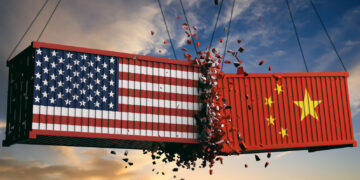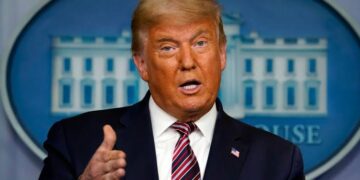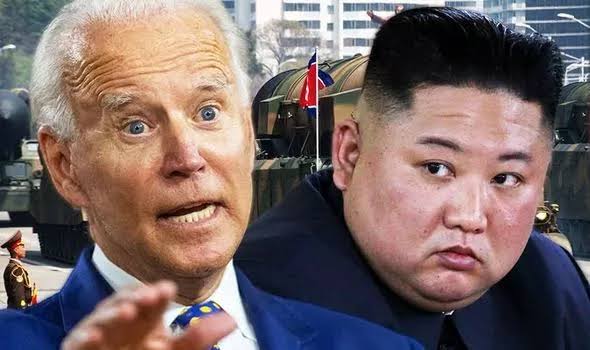North Korea tested a “short-range system” over the weekend, its first known weapons test during the Biden presidency, senior administration officials confirmed on Tuesday.
It comes as Biden’s administration is still mulling its options for dealing with regime’s nuclear threat.
The test had been widely expected, as officials and experts have long anticipated that North Korean leader Kim Jong Un would attempt to send a message to the Biden administration about the country’s importance in the region.
While the officials did not elaborate on the types of tests, citing classification issues, they said it was “normal” activity for North Korea and the actions were not covered under United Nations Security Council resolutions that put limits on the country’s nuclear program.
The activity over the weekend does not close the door for diplomatic engagement with North Korea, the officials said. They stressed that the U.S. was on its “forward foot in terms of wanting to clearly signal that we are prepared for continuing engagement in Northeast Asia with key partners and, indeed, with North Korea.”
Biden, asked Tuesday what he’d learned about the test, told reporters before he boarded Air Force One in Ohio, “We have learned that there’s nothing much that’s changed.”
While senior administration officials downplayed the seriousness of North Korea’s actions, they reiterated that US forces in the region are always prepared and on high alert.
“It would be hard to find a place on the planet where there is more vigilance than the circumstance and situation surrounding North Korea. Our forces are always prepared, always on high alert,” one senior official said.
“It is common for North Korea to test various systems … we do not publicly respond to every kind of test,” the senior administration official added. “This is a system that is not covered by UN Security Council resolutions. It is a normal part of the kind of testing North Korea would do. We do not believe it is in our best interest to hype these things in circumstances in which we would consider those activities as part of a ‘normal’ set of a tense military environment like we see on the Korean Peninsula.”












